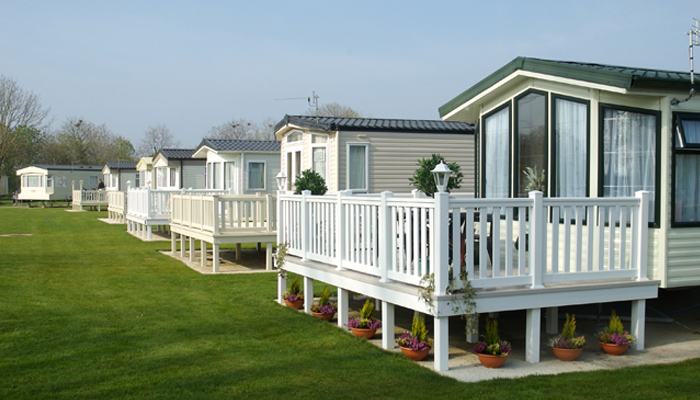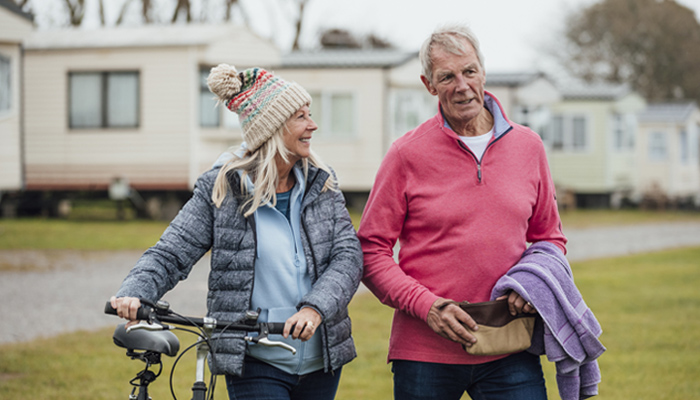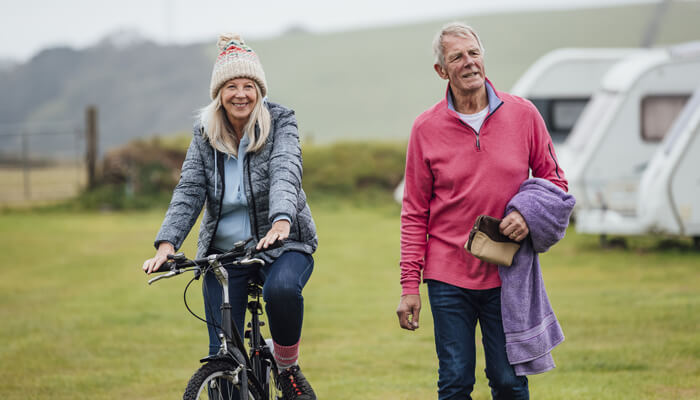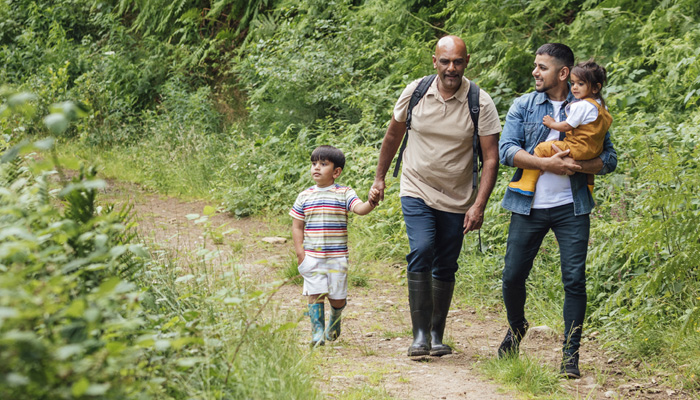Weighing Your Caravan
The importance of caravan weight
Weight is a very important factor when it comes to towing a caravan. There are two legal requirements to consider. Firstly, you must tow a caravan that is within the legal weight limit for your vehicle, and secondly you must ensure that the combined weight of the towing vehicle and caravan does not exceed the legal limit.
In order to tow your caravan safely you must understand the weight of your caravan and the implications this could have on how it handles. Towing a heavy caravan along meandering roads or in windy conditions can be tricky but understanding the weight of your caravan may help you to adjust your driving style accordingly.
Knowing the weight of your caravan will also help you to understand the ongoing cost of keeping your caravan. For example, if you drive for long periods of time with a heavily laden caravan you may find that the tyres on both your car and caravan diminish faster than they normally would and your fuel economy might also be reduced when towing a heavy caravan.
Caravan towing jargon buster
The world of towing is riddled with terminology so here's our guide to some of the common terms you may see.
- Kerb weight - The total weight of the tow car with a full tank of fuel but without the caravan attached, luggage or passengers.
- Maximum technically permissible laden mass (MTPLM) - The heaviest total weight the caravan can operate at, as specified by the manufacturer.
- Mass in running order (MIRO) - This refers to the caravan mass as equipped to the manufacturer's standard specification.
- Payload - Additional items added to your vehicle which are not standard to the original construction of the caravan.
- Actual laden weight (ALW) - The total weight of the caravan and its contents whilst being towed.
- Maximum authorised weight (MAM) - The weight of the vehicle or trailer, including the maximum load that can be carried safely when it's being used on the road.
- Nose weight - The maximum weight your caravan can apply to your vehicle's tow ball which is specified by the vehicle's manufacturer.
How to weigh your caravan
In order to weigh your caravan you should use a facility known as a weighbridge. These are designed to allow vehicle owners to weigh their cars, caravans and entire rigs.
You should weigh your car and caravan when empty and again once you're fully loaded to ensure that you know both the kerb weight and the ALW. By knowing these weights you can be confident that you are within the legal weight limit.
How to use a weighbridge
Here are the steps you need to follow to use a weighbridge:
- Empty your caravan of everything except the equipment legally required during transit.
- Empty your car of everything except the equipment legally required during transit. Fill the petrol tank, as the weight of a car with a full tank can be over 50kg heavier than one running with a nearly empty one.
- Drive onto the weighbridge and stop with all wheels on the platform. Take the first measurement with the driver in the car.
- Drive forward so the car wheels are off the platform but the caravan wheels are on it. Apply the handbrakes in both the car and caravan.
- Lower the jockey wheel so it is in secure contact with the platform.
- Uncouple the caravan so only it is on the weighbridge, and take the second reading. This will give you the minimum weight of the empty caravan, the combined minimum weight of the two vehicles and (after deducting the caravan weight from the outfit weight) the minimum, or kerb weight of your car.
- To find out the final weight, subtract your weighbridge car weight from the MAM and the caravan’s weighbridge weight from the MTPLM.
You can find your nearest weighbridge on the Government website.
When to weigh your caravan
There are a number of crucial times when you should be sure to weight your caravan to ensure that you are within the legal towing limit.
When you buy your caravan
If you buy a new caravan you will probably have the weight in the manual. However, it is still important that you weigh your entire rig to ensure that you are within the legal weight limit once you're all loaded up for your holiday.
If you buy a second-hand caravan it is crucial that you double-check the weight of the caravan as the previous owner may have made modifications that increased the vehicle's weight.
After you have made modifications
For many people a caravan is a rewarding DIY project with a lot of opportunities for modifications to make the perfect space for your family. If you have made additions such as solar panels, for example, it is vital that you weigh the caravan to check that you are still within the legal towing limit for your vehicle.
Before going on your trip
It is important that you keep in mind how much your payload can add to the ALW. When you have packed up all the home comforts you wish to take with you it can significantly increase the weight of your caravan, so it is necessary that you weigh your entire rig before you head off. If you are close to the weight limit or decide to increase the amount of things you take, you might consider weighing your caravan before each trip.
Having an accurate reading of your kerb weight and ALW is not only a legal requirement, but also can help you tow your caravan safely and smoothly.
Touring caravan insurance from Towergate
Our touring caravan insurance can cover you for accidental damage whilst towing, fire, theft, storm, malicious damage and third-party liability. For more information call us on 0344 892 1413.
About the author
 Adam Summersby is a respected leader with 11 years’ varied experience in niche personal and commercial lines insurance, including caravan, site operators and excess reimbursement, with proficiency in leadership, sales and account management.
Adam Summersby is a respected leader with 11 years’ varied experience in niche personal and commercial lines insurance, including caravan, site operators and excess reimbursement, with proficiency in leadership, sales and account management.
Date: April 08, 2023
Category: Caravan









